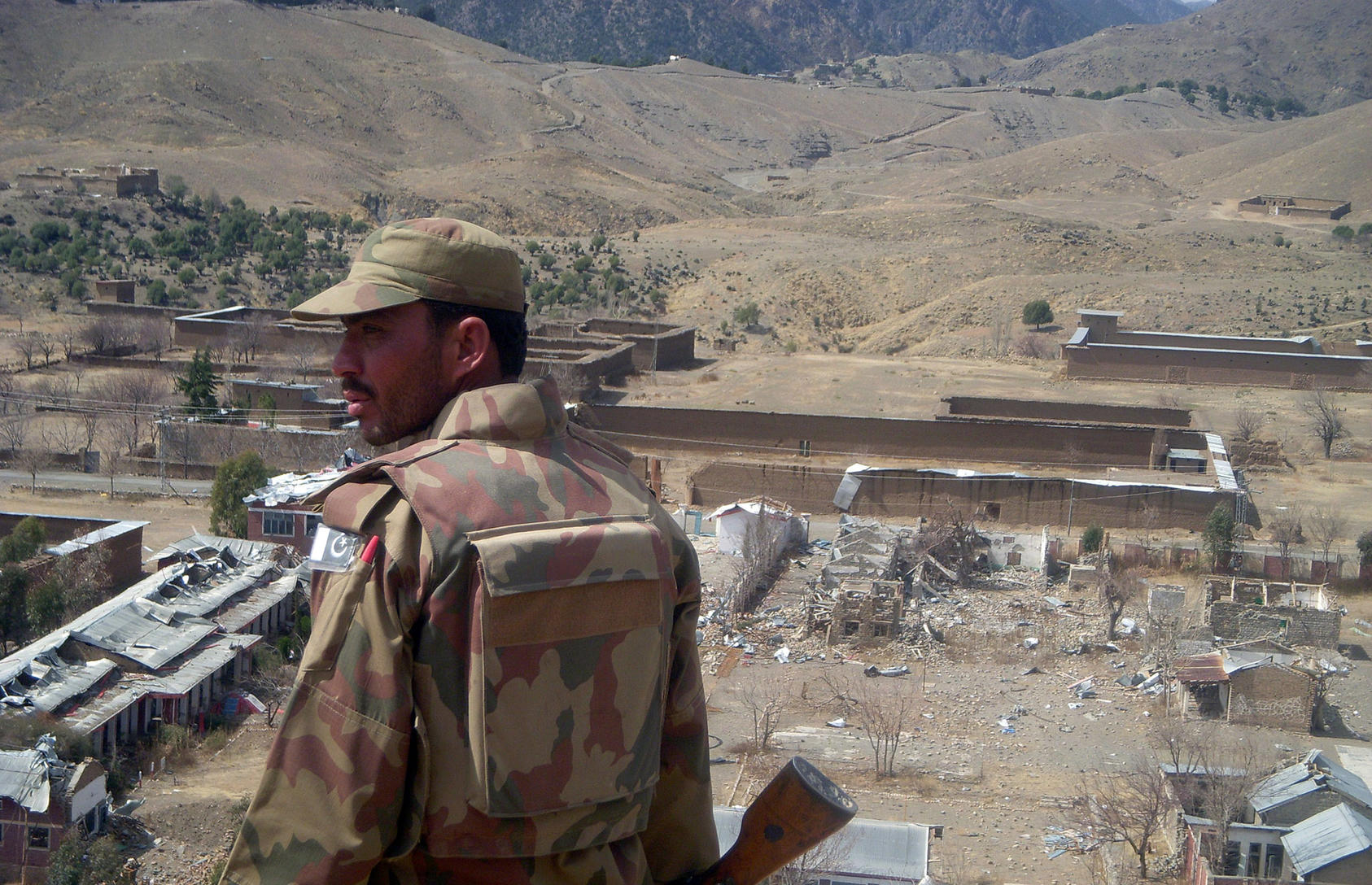The Evolution and Potential Resurgence of the Tehrik-i-Taliban Pakistan
Following its formation in 2007, the Tehrik-i-Taliban Pakistan (TTP) emerged as one of Pakistan’s deadliest militant organizations. Military efforts severely curtailed the TTP’s ability to launch attacks by 2016, but recent signs—including a deadly attack in Quetta on April 21—suggest the group is attempting to rebuild its operational capacity. This report charts the rise and decline of the TTP and explores options for the Pakistani state, with cooperation and support from the United States, to stifle its resurgence.

Summary
- Established in 2007, the Tehrik-i-Taliban Pakistan (TTP) became one of Pakistan’s deadliest militant organizations, notorious for its brutal attacks against civilians and the Pakistani state. By 2015, a U.S. drone campaign and Pakistani military operations had destroyed much of the TTP’s organizational coherence and capacity.
- While the TTP’s lethality remains low, a recent uptick in the number of its attacks, propaganda releases, attempts to intimidate local populations, and mergers with prior splinter groups suggest that the TTP is attempting to revive itself.
- Multiple factors may facilitate this ambition. These include the Afghan Taliban’s potential political ascendency in a post–peace agreement Afghanistan, which may enable the TTP to redeploy its resources within Pakistan, and the potential for TTP to deepen its links with other militant groups such as the regional affiliates of al-Qaeda and the Islamic State.
- Thwarting the chances of the TTP’s revival requires a multidimensional approach that goes beyond kinetic operations and renders the group’s message irrelevant. Efforts need to prioritize investment in countering violent extremism programs, enhancing the rule of law and access to essential public goods, and creating mechanisms to address legitimate grievances peacefully.
About the Report
Tehrik-i-Taliban Pakistan (TTP), once one of Pakistan’s most deadly militant groups, experienced a steady decline due to sustained counterterrorism pressure and internal fragmentation. This report, supported by the Asia Center at the United States Institute of Peace and drawing on datasets of militant violence and the TTP’s own statements, traces the evolution of TTP thus far and assesses factors that could shape the group’s future trajectory.
About the Author
Amira Jadoon is an assistant professor at the Combating Terrorism Center and the Department of Social Sciences at the U.S. Military Academy at West Point. She specializes in international security, economic statecraft, political violence, and terrorism. The views expressed in this article are the author’s and do not necessarily reflect those of the Combating Terrorism Center, the U.S. Military Academy, the U.S. Department of Defense, or the U.S. government.



